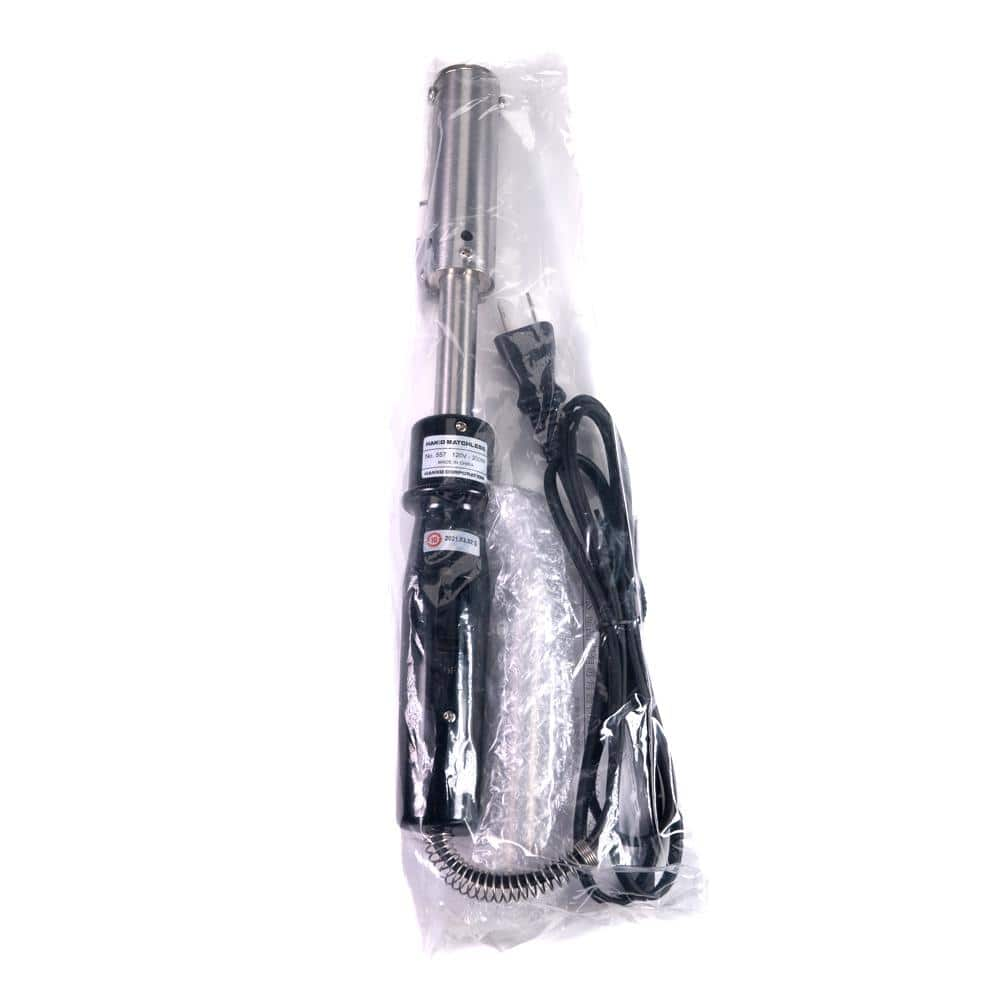I have the Weller WES50 (similar to the 51), it's 50Watts, does just about everything. Their WLC100 is 40Watts and a favorite of many. Pencil types range from 10 to 100Watts, gun types are generally larger. Hakko (perhaps the best), Lenk, Stahl, Solomon, and others are out there in numerous sizes. I too have a Weller D550, very good for larger things. Note, the 550 was produced with at least 3 different tip attachment methods. They are incompatible with one another. The earliest versions are still useful and tips available. Of course the latest are as well. The middle models however use an 'acorn' nut, a long hex nut with a hole through it goes through the tubes of the iron and an acorn nut tightens. These are no longer made and did not work very well. The metal got very soft and you couldn't tighten the tip. So if you buy used be aware of this. The newer ones have a collar that threads on, screw from side to tighten, they can be replaced. The oldest ones have a nut threading into the end of the tube. The only odd thing about the 550 is the trigger for the dual range, 260 or 200 Watts, the first position is high and the second is low. If you use one of these and it doesn't seem to be getting sufficiently hot your tip is too loose. You have to keep them very tight. It will get blazing hot in a few seconds.
You need to use the model intended for the voltage.
Brass welding rods make nice antenna elements.


